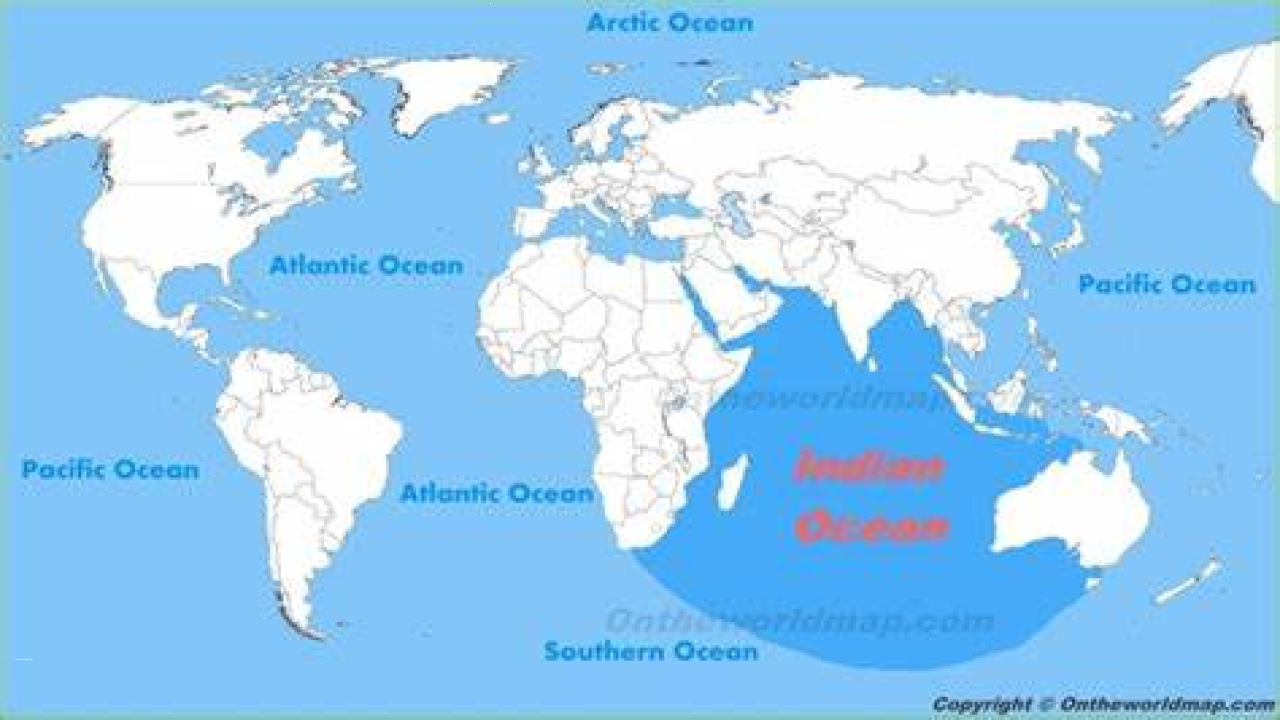Oceans’ Short-Lived Halogens Contribute 8-10% Cooling
Oceans play a crucial role in regulating the Earth’s climate beyond absorbing carbon dioxide. A recent study has revealed that oceans release short-lived halogens, such as chlorine, bromine, and iodine, which contribute significantly to cooling the planet.
The Cooling Effect of Short-Lived Halogens
Currently, short-lived halogens contribute 8-10% to the planet’s cooling. However, projections indicate that their cooling potential could increase to 18-31% by 2100. Surprisingly, climate models typically do not account for the significant influence of these halogens, but the study emphasizes that their impact cannot be ignored.
Factors Contributing to Halogen Release
While short-lived halogens are naturally produced by the oceans, human activities have amplified their release into the atmosphere. Pollutants deposited on the ocean, such as ozone, convert soluble short-lived halogens into insoluble ones, forcing their release into the atmosphere. This interaction between human activities and the oceans has implications for climate regulation.
Impacts on Ozone and Greenhouse Gases
The presence of short-lived halogens leads to the depletion of ozone in the troposphere, a greenhouse gas responsible for trapping outgoing radiation and causing warming. Additionally, these halogens influence methane levels by destroying hydroxyl radicals, ultimately increasing methane’s lifetime in the atmosphere. Furthermore, short-lived halogens contribute to increased water vapor levels, a greenhouse gas that further contributes to warming.
Net Cooling Effect and Future Projections
Despite the warming effects caused by short-lived halogens on methane, water vapor, and aerosols, they compensate for this by destroying ozone, which exerts a cooling effect. The net cooling effect of short-lived halogens is estimated to be -0.13 ± 0.03 W m−2. Projections show that halogen emissions have increased by 61% since the preindustrial era due to the anthropogenic amplification of natural halogen emissions.
Month: Current Affairs - June, 2023
Category: Environment Current Affairs


